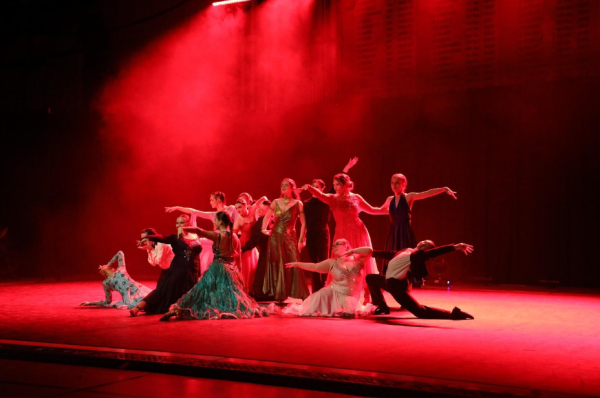February history highlights
Feb. 4
In 1861, the U.S. Army arrested Apache Chief Cochise in Arizona for raiding a ranch. Cochise escaped his captors and proceeded to declare war. The wars became known as the Apache Wars and lasted 25 years.
On this day in 1902, aviation pioneer Charles Lindbergh was born in Detroit, Michigan. He later won the Orteig Prize for making the first nonstop solo flight from New York to Paris in May of 1927 at 25 years old.
Feb. 6
In 1952, King George VI of England died. Upon his death, his daughter Princess Elizabeth became Queen Elizabeth II, queen of the United Kingdom of Great Britain and Northern Ireland. Her actual coronation, however, took place on June 2, 1953.
In 1911, Ronald Reagan, the 40th U.S. president, was born in Tampico, Illinois. Reagan spent 30 years as an entertainer in radio, film and television before becoming governor of California in 1966. He was elected to the White House in 1980.
Feb. 7
In 1812, British novelist Charles Dickens was born in Portsmouth, England. He examined social inequalities through his works “David Copperfield,” “Oliver Twist” and “Nicholas Nickleby.” In 1843, he wrote “A Christmas Carol” which is one of his most well-known works to this day.
Feb. 9
On this day in 1943, U.S. troops captured Guadalcanal in the Solomon Islands after six grueling months of battle. 9,000 Japanese citizens and 2,000 Americans were killed overall.
Feb. 12
In 1809, Abraham Lincoln, the 16th U.S. president, was born in Hardin County, Kentucky. He led the nation through the tumultuous Civil War, helped to free the slaves and composed the Gettysburg Address. He was assassinated in 1865 by John Wilkes Booth.





